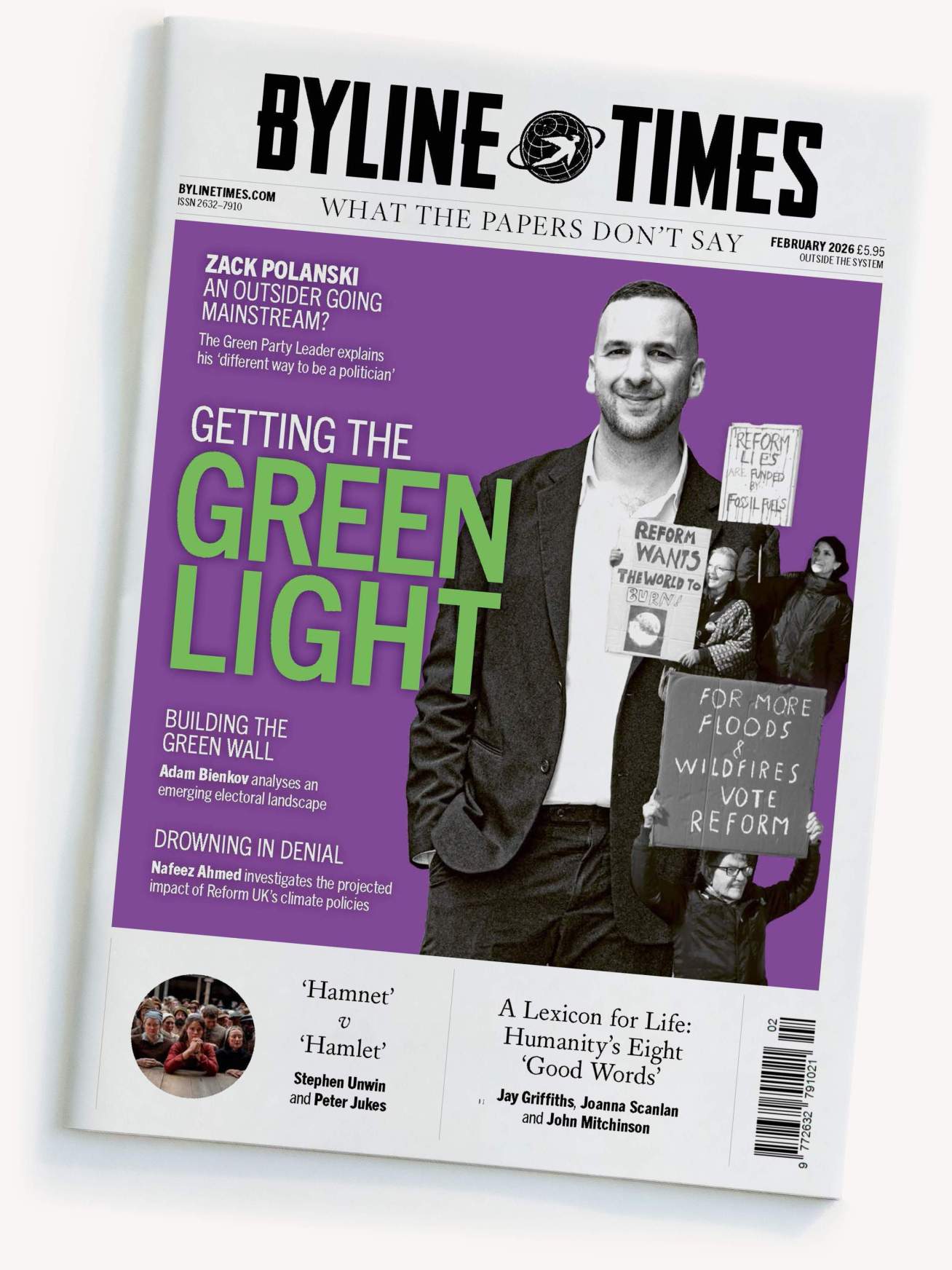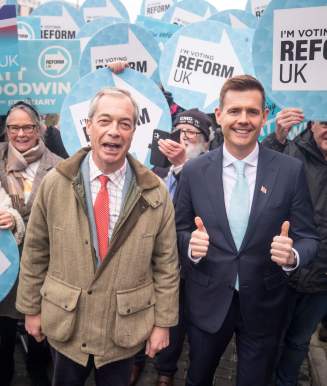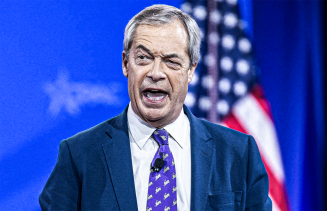
Read our Monthly Magazine
And support our mission to provide fearless stories about and outside the media system
Keir Starmer’s planned reforms to elections in the UK will still leave gaping loopholes threatening to allow continued foreign interference in British politics, an influential Labour MP has warned.
Cat Smith, who was the party’s former Shadow Democracy Minister warned that the proposed measures in the Labour Government’s planned Elections and Democracy Bill, were “the bare minimum”, “too timid” and represented only a “few welcome crumbs” towards tackling the democratic threats to UK democracy.
The Bill is set to introduce votes at 16 for Westminster elections, a move towards automatic voter registration, and limits to the potential for foreign influence of UK elections through donations.
Asked whether the changes go far enough, when speaking at an event of the UCL’s Constitution Unit, Smith said: “Regrettably, a pretty emphatic no.”
“The reforms proposed and indeed some of the ones already enacted I think are too timid. they’re long overdue measures that the Government has [introduced].”
“I’m certainly not knocking them, but just to be really clear, I don’t think they represent brave reform. I think they represent the bare minimum that we need to drag the UK electoral system into the 21st century,” she told the panel.
The MP, who is on the left of the party, added: “The true test of a Government’s commitment to electoral integrity lies not in the small palatable concessions it makes, but I think its willingness to reinforce the foundational pillars of trust and independence. And this test I’m afraid the Government has yet to pass.”
ENJOYING THIS ARTICLE? HELP US TO PRODUCE MORE
Receive the monthly Byline Times newspaper and help to support fearless, independent journalism that breaks stories, shapes the agenda and holds power to account.
We’re not funded by a billionaire oligarch or an offshore hedge-fund. We rely on our readers to fund our journalism. If you like what we do, please subscribe.
Under particular fire – from Smith and the independent Electoral Commission itself – is the last Conservative Government’s move to introduce a ‘strategy and policy statement’ to influence the previously-independent elections watchdog.
Labour has opted not to scrap that decision. Cat Smith said: “Creating [the] power for a partisan sitting Government… to issue policy guidance to the neutral body responsible for enforcing electoral law, [is] fundamentally corrosive to public trust. And I think it is the ultimate conflict of interest.”
Smith helped lead the opposition to the Conservatives’ Elections Bill – now Act – which introduced that change. She said: “I remember saying to Conservative ministers, you will not be in Government forever…You’re setting up a system for any sitting Government to influence policy.
“And I say that today to my Labour colleagues who are the ministers responsible for the strategy and policy statement…It might be very nice when you’re in Government and you think you can influence it, but it’s not fair and it’s not right.”
Smith warned: “Every Government should remember that you’re only in Government today and there’s no guarantees for tomorrow…I will not be satisfied until I see the strategy and policy statement taken out of the law but given the Electoral Commission back its independence.”
On big donations fuelling British politics, the Labour backbencher said the Government’s reforms were “largely ignoring” the “deep structural overhaul of political finance” that was needed. She noted that threats from Elon Musk to donate huge sums to Reform UK, has “completely changed my approach” on the idea of implementing a cap on political donations, something the Government has also appeared to reject.
Don’t miss a story
Tom Hawthorne, head of policy at the Electoral Commission, agreed with Smith’s calls to abolish the Conservative-passed policy statement which now steers the watchdog’s work.
“The independence and impartiality of our commission must be clear for voters and campaigners to see. This form of influence or even potential influence from a Government is inconsistent with that role.
“We would like to see the Elections Act provisions repealed and those powers removed from the legislation rather than just…a different statement being introduced.”
The Commission is also calling for the Government to go further in closing foreign donation loopholes, arguing for a “profit test” – ensuring that any company donating to UK parties must make at least as much money in profits in the UK as the amount being donated, to stop foreign companies simply handing cash to a UK arm – to then hand over to a political party.
Rose Whiffen, Senior Research Officer at Transparency International UK, welcomed planned “know-your-donor” requirements on political parties – to ensure a stronger onus is on parties to check whether someone handing them money is actually eligible to donate.
But she cautioned that big money in politics was the “elephant in the room”. Nineteen donors gave over £1 million each in 2023, accounting for two-thirds of private donations to political parties.
Large increases in sanctions for wrongdoing are planned in the upcoming bill, with fines rising from a current max of £20,000 to £500,000. However, Whiffen noted that this still pales against the £100 million spent by parties in 2024.
The Labour Government’s new strategy for election reform was published in July and legislation is expected in the new year.
Got a story? Get in touch in confidence on josiah@bylinetimes.com







